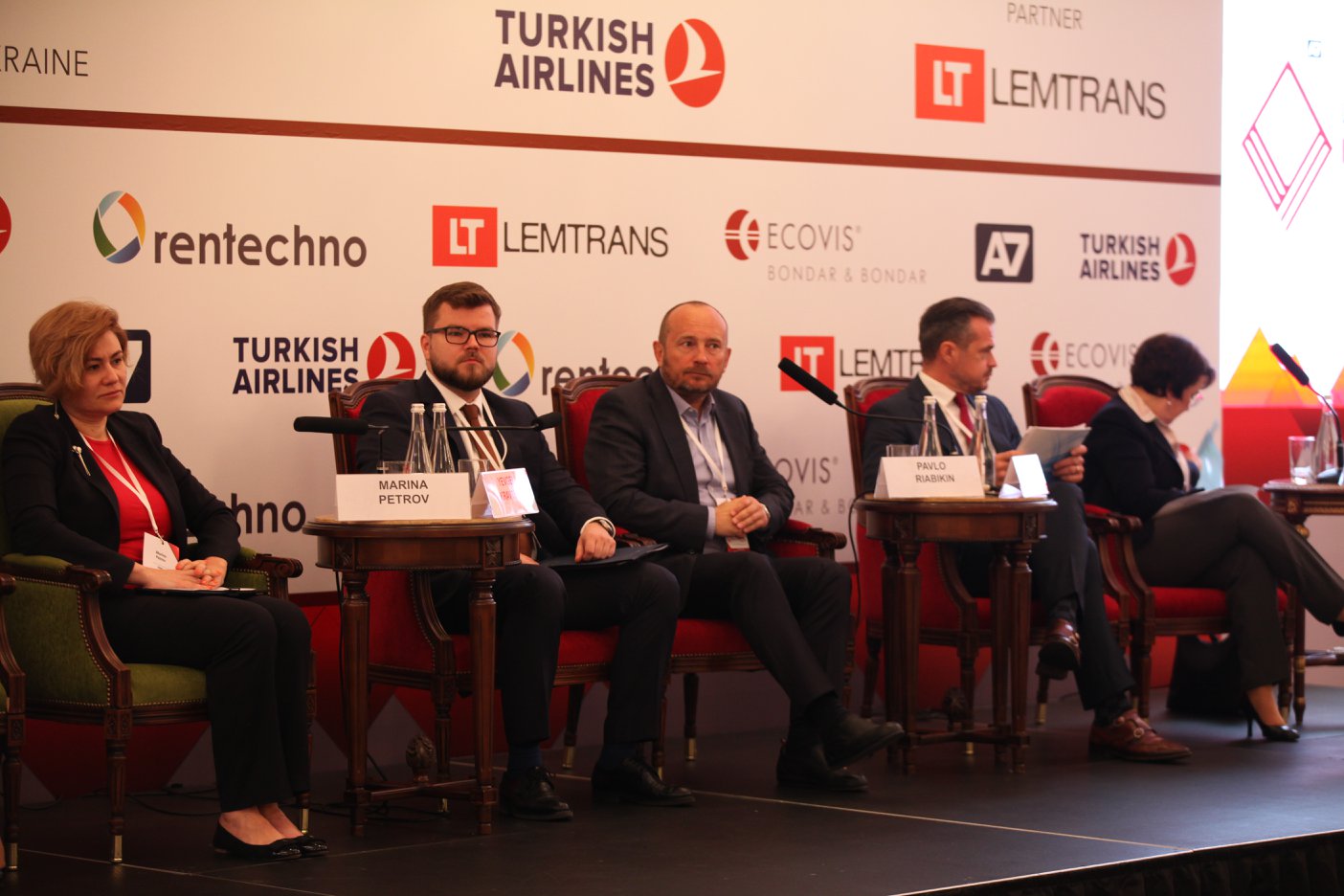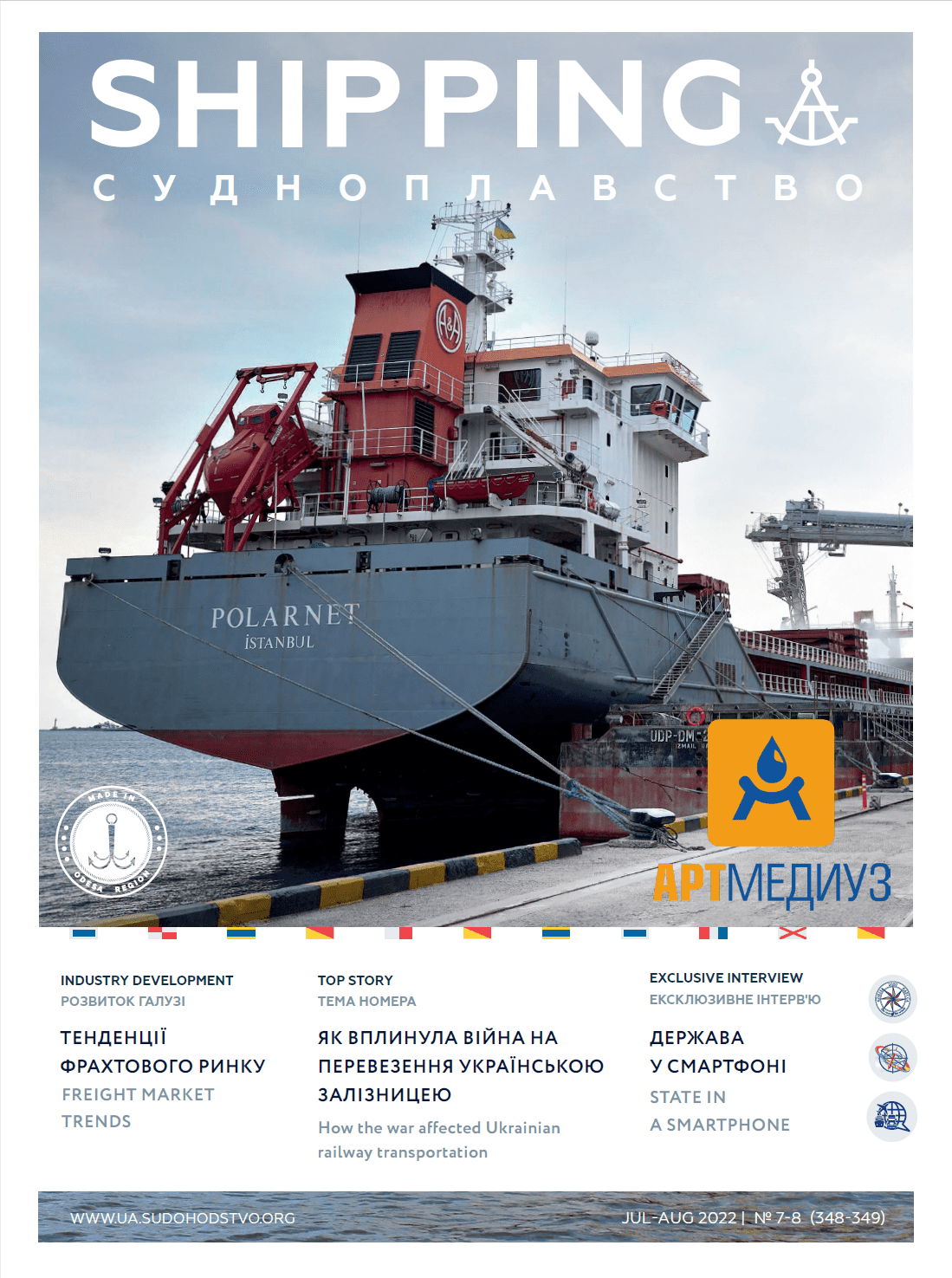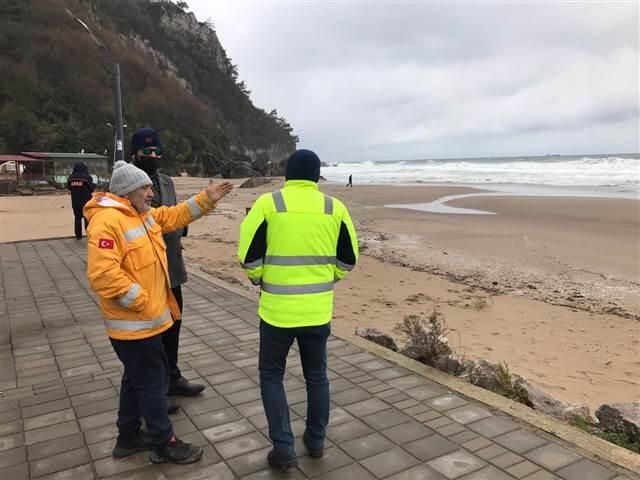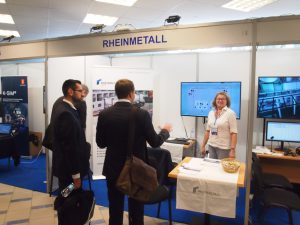
Deputy Minister for Communities, Territories and Infrastructure Development of Ukraine for Digital Development, Digital Transformations, and Digitalization
In just a few months, the eConsignment Note (e-TTN) will completely replace paper ones. The Ministry for Communities, Territories and Infrastructure Development of Ukraine is convinced that the introduction of the eConsignment Note will have a positive impact on the Ukrainian economy and will increase the quality and transparency of the freight transportation process. We spoke in more detail about this and more with Anatolii Komirnyi, Deputy Minister for Communities, Territories and Infrastructure Development of Ukraine for Digital Development, Digital Transformations, and Digitalization.
How did the work on the digitalization of the consignment note begin
Several years ago, the Ministry for Communities, Territories and Infrastructure Development of Ukraine began to implement the process of digitization of transport documents for goods. The first document to be digitized was the consignment note (TTN), which is used during road freight transport and payments for these transports. This is necessary due to the high volume of use and the complexity of the «paper» process of filling out, exchanging, and further storing physical consignment notes.

What are the challenges of using paper consignment notes?
The use of paper consignment notes is a rather resource intensive process. Freight transport participants need to manually fill in information about themselves and the cargo, create several copies of the document for each party (consignor, carrier, consignee), collect signatures, transfer documents with the driver or send them by other means, wait for the signed documents to be returned, and keep paper copies.
Even with all efforts, a lost ТТN or a ТТN with errors causes the process to be repeated, which takes time and slows down the settlement between the parties, since it is possible only when the signed consignment note is returned to the consignor. Moreover, the high influence of the human factor on the process of circulation of paper consignment notes creates opportunities for speculation and professional abuse, that is, the level of corruption risks under such conditions remains quite high.
What are the advantages for businesses of implementing e-TTN?
Before starting work on the project in the Ministry, we identified the most important advantage of the transition to the electronic form of the consignment note as the optimization of the document flow process for business.
First of all, e-TTN ensures the acceleration of mutual settlements between the parties. No more waiting for a signed paper consignment note to return to the shipper to receive payment for the service. The calculation can be made immediately after receiving the goods and signing the e-TTN by the consignee using a qualified electronic signature (KEP).

Secondly, the use of e-TTN increases the transparency of doing business. e-TTN limits the possibility of price dumping by transporting overloaded vehicles. They also minimize the manipulation of quantitative and qualitative indicators or the use of fictitious documents. Thus, we have less room for corruption.
Thirdly, the use of e-TTN contributes to greater control over transportation. Each stage of transportation (loading, transportation, unloading) is available in realtime to transportation participants. All actions of the parties are recorded in an electronic document and confirmed by the KEP.
How can a company start using e-TTN?
To use the eConsignment Note, companies must cooperate with an electronic document management (EDM) provider. The website of the e-TTN project already has a list of providers of electronic document management that have already join the project. EDM providers provide the client with access to software for the functioning of electronic document management. It provides freight transportation participants with the opportunity to use system functions and exchange information between them.
The peculiarity of the e-TTN system is that even if all three sides of the transportation have different EDM providers, the consignor, carrier, and consignee can freely exchange data thanks to interoperability — the possibility of exchanging documents between providers through the e-TTN system.
At what stage is the implementation of the project at the moment?
This year the use of e-TTN will be mandatory for all cargo transportation of the general group of goods carried out by road transport. And now the business has time for full implementation and testing of the e-TTN.
Together with our partners, we are ready to provide business with comprehensive support and advice. To this end, together with our partners, we have created a communication platform for business, which includes the project website https://e-ttn.miu.gov.ua/, which contains all relevant information about e-TTN. Also, with the help of an online form, we collect questions from the business community, process them and give answers during regular webinars. That is, thanks to feedback and open dialogue, stakeholders are involved in the process of implementing e-TTN. We are convinced that the more real cases we process now, the more harmonious the transition to e-TTN will be.

An important block of work is also conducted in the legal field. Work is currently underway on the Draft of Amendments to the Law «On Motor Vehicles» No. 6534, which was supported by the European Business Association and the American Chamber of Commerce, the Draft of the Procedure for the Operation of the e-TTN System, and amendments to the Rules for Carriage of Goods by Road Transport. These legal acts will help us ensure the digitalization of the freight transportation process.
The implementation of the e-TTN system is carried out by the Ministry for Communities, Territories and Infrastructure Development of Ukraine with the support of the Ministry of Digital Transformation and the USAID / UK aid project «Transparency and Accountability in Public Administration and Services / TAPAS» and with the participation of the NGO «Institute of Analytics and Advocacy», which for the period implementation of the project is the administrator of the electronic waybills system.






















